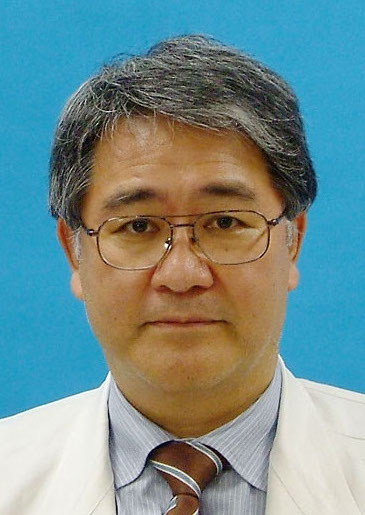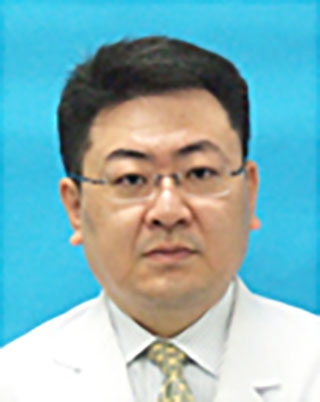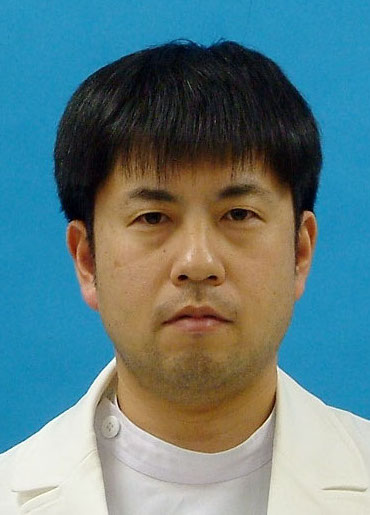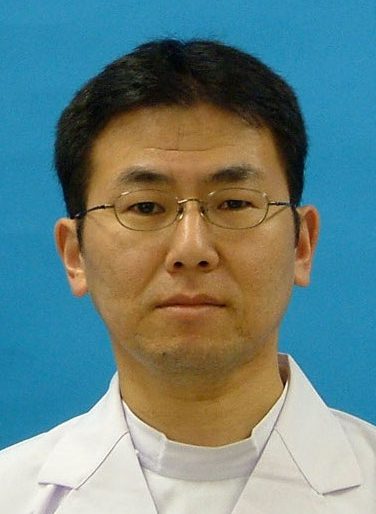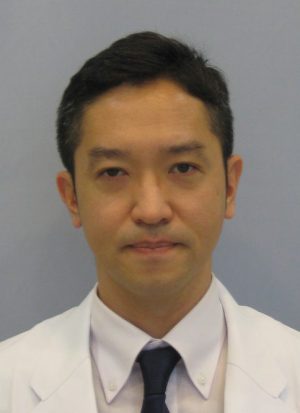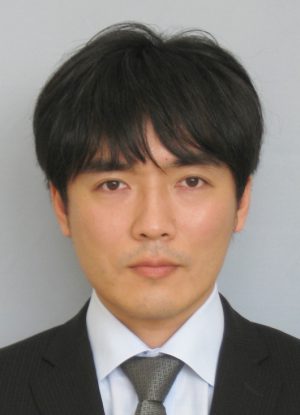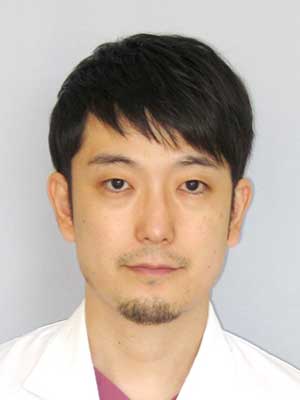Department of Hepato-Biliary-Pancreatic Surgery
Medical services and specialties
We are mainly in charge of surgical treatment of malignant tumors in the liver, biliary tract, and pancreas. Although cancers in this area has poor prognosis and not few of them are difficult to resect, only surgical resection are often to be expected to cure, so our basic spirit is ‘never give up!’ that make us not abandon the possibility of resection until the end.
Surgery is performed by the board certified physicians of the Gastroenterological Surgery Society and the board certified surgeons, etc. other than two advanced skill instructors and three expert surgeons. Hepatectomy can be operated with a small amount of bleeding by using low voltage soft coagulation electrocautery which the Director of our hospital, Koyama instructed its development. This method minimizes ligation with sutures, contributing to reduction of operation time and decrease of SSI incidence. For biliary tract cancer, we predict the precise range of resection by detailed examination of the extent of cancer before surgery, and decide a variety of procedures from bile duct resection with hepatectomy to pancreaticoduodenal resection. Pancreatic cancer has extremely poor prognosis, but basically portal vein invasion is a surgical indication. Pancreatic surgery generally has a high risk for operation because of the problem of pancreatic fistula, but we perform safer surgery with extremely low incidence of pancreatic fistula compared to other facilities by performing pancreas resection using polyglycolic acid sheet and instrumental suturing. In pancreaticojejunostomy reconstruction of pancreaticoduodenectomy, pancreatic jejunal mucosal anastomosis performed even in a pancreatic duct of about 1 mm helps reduce the incidence of pancreatic fistula after surgery.
Target diseases
Malignant tumors and boundary diseases in the hepatobiliary region
Physicians in charge
Honorary Hospital Director / Specially Appointed Professor
Isamu Koyama
- Specialty area
- Hepato-biliary-pancreatic surgery. gastroenterological general surgery, organ transplant
- Credentials
- Board Certified Advanced Skill Instructor of Japanese Society of Hepato-biliary-pancreatic Surgery, Board Certified Instructor / Surgeon of Japan Surgical Society, Board Certified Instructor / Surgeon of the Japanese Society of Gastroenterological Surgery, Tentative Instructor of Clinical Oncology
Professor
Koujun Okamoto
- Specialty area
- Hepato-biliary-pancreatic surgery, surgical oncology, gastroenterological general surgery
- Credentials
- Board Certified Advanced Skill Instructor of Japanese Society of Hepato-biliary-pancreatic Surgery, Board Certified Instructor / Surgeon of Japan Surgical Society, Board Certified Instructor / Surgeon of the Japanese Society of Gastroenterological Society, Board Certified Member of Japan Gastroenterological Endoscopy Society, Board Certified Instructor / Gastroenterologist of the Japanese Society of Gastroenterology, Tentative Instructor of clinical oncology / General Clinical Oncologist (by JBCT), Board Certified Instructor of Japan Biliary Association
Professor
Masayasu Aikawa
- Specialty area
- Hepato-biliary-pancreatic surgery, laparoscopic surgery, organ transplant
- Credentials
- Board Certified Instructor / Surgeon of Japan Surgical Society, Board Certified Surgeon / Instructor of the Japanese Society of Gastroenterological Society, Board Certified Member of the Japan Society of Hepatology, Tentative Instructor of clinical oncology / General Clinical Oncologist (by JBCT), Board Certified Instructor of Japan Biliary Association, Board Certified Expert Surgeon of Japanese Society of Hepato-biliary-pancreatic Surgery, Board Certified Gastroenterologist
Assistant Professor
Katsuya Okada
- Specialty area
- Hepato-biliary-pancreatic surgery, organ transplant
- Credentials
- Board Certified Instructor / Surgeon of Japan Surgical Society, Board Certified Surgeon of the Japanese Society of Gastroenterological Society, Board Certified Member of the Japan Society of Hepatology, Tentative Instructor of Clinical Oncology of Japanese Board of Cancer Therapy, Board Certified Expert Surgeon of Japanese Society of Hepato-biliary-pancreatic Surgery
Assistant Professor
Yukihiro Watanabe
- Specialty area
- Hepato-biliary-pancreatic surgery, gastroenterological general surgery
- Credentials
- Board Certified Instructor / Surgeon of Japan Surgical Society, Board Certified Surgeon of the Japanese Society of Gastroenterological Society, Board Certified Member of the Japan Society of Hepatology, Board Certified Expert Surgeon of Japanese Society of Hepato-biliary-pancreatic Surgery
Assistant Professor
Yuichiro Watanabe
Instructor
Kenichiro Takase
- Specialty area
- Hepato-biliary-pancreatic surgery, gastroenterological general surgery
- Credentials
- Board Certified Surgeon of Japan Surgical Society, Board Certified Member of Japan Gastroenterological Endoscopy Society, General Clinical Oncologist (by JBCT), Board Certified Esophageal Physician of the Japan Esophageal Society
Instructor
